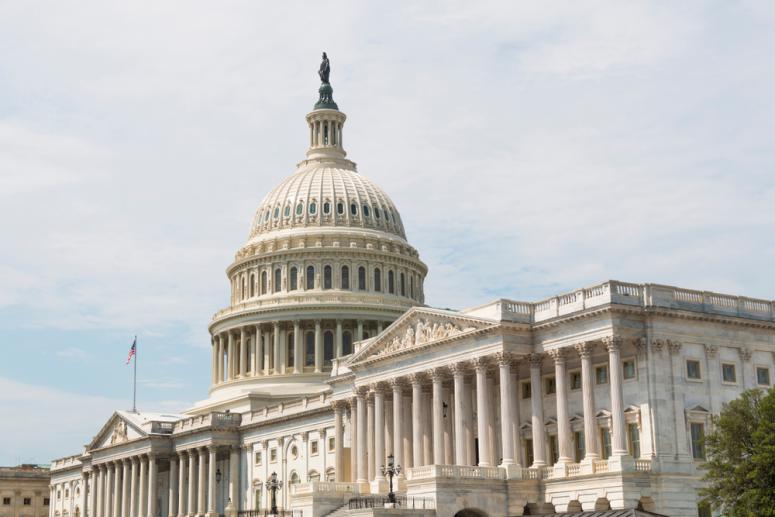
Every year, the biggest, fiercest, and most passionate debates in Washington focus on health care, and for good reason. In 2018, the United States spent $3.6 trillion on health care, the equivalent of $11,172 per person, which accounted for nearly 18 percent of the entire GDP. The federal government spent $1.3 trillion of that. Health care spending in the U.S. far outpaces other industrialized nations. The average Organization for Economic Co-operation and Development (OECD) country spends about $4,200 per capita, or about a third of what is spent in the U.S.
So, we’re spending three times more than other countries, but the U.S. still has some of the worst health outcomes among peer organizations. Among the OECD, the U.S. has the lowest life expectancy and the highest chronic disease burden, as well as the highest number of hospitalizations from preventable causes. In 2019, 33.2 million individuals were uninsured and struggled to access health care services at all.
On top of these systemic challenges is the current pandemic, which has laid bare the weaknesses in our health system, from underfunded and insufficient public health infrastructure to deep and deadly disparities in health outcomes. The U.S. has a per capita COVID-19 death rate nearly twice what the European Union is facing. And Black and Hispanic patients are far more likely to have severe or fatal experiences with the virus.
As if that weren’t enough, the U.S. policy debate is colored by a spate of anti-science rhetoric that has led to the politicization of public health processes. From refusals to wear masks and maintain social distancing to possible undue political influences in the generation and analysis of reports at the CDC and FDA, scientific literacy is facing significant pressures.
Robust and actionable evidence should be the driving force behind an effective and equitable response to this historic pandemic – but how do we maximize the impact of research in policymaking? Now more than ever there is a need to move evidence into action and connect the work in the field of health services research (HSR) to federal regulatory and legislating principals. A practical understanding of the policymaking process can both help inform health services researchers in evaluating the problems in our system as well as give those researchers the tools and expertise to effectively communicate with consumers of their work.
As a former Legislative Director, I understand the challenges that advocates and researchers face when communicating with Congress and other policymakers. Congressional staffers and career public servants in our health and research-related agencies are smart, passionate, and want to help you. However, they are also often understaffed with more responsibilities than they have hours in the day. Effective communication and policy literacy are key to engaging meaningfully with stakeholders. That raises critical questions for researchers:
- How can you make useful connections with the right people at the right time?
- How might you deliver information effectively and memorably?
- What time of year should you go to Congress?
- What are the roles of the respective regulatory and administrative agencies?
- How and with whom might you partner to increase the impact of your work?
That’s the value of opportunities like the Health Policy Orientation - you can hear from a wide range of practitioners who can pull the curtain back from the complexities of the federal government. Panels include explanations of the state of health care policy, how Congress, the Courts, and the Executive Branches work and interact, how experts can inform decision makers at the state and federal level, and more.
Attend the virtual conference from October 27-29 and learn about the differences between authorizing and appropriations bills, and how they fit in the congressional budget process. Attendees will hear from policymakers about how they learn about cutting-edge developments, and what you need to do to break through to them.
I’ll be virtually interviewing current Hill Staff to help you better understand their roles and needs. It’s a great opportunity to learn directly from those you’re trying to reach.
Effective communication and policy literacy are key to engaging meaningfully stakeholders, but it is not an arcane or impossible skill to pick up. If you’ve told yourself this is the year that you’ll get more involved health policy, this is a great way to start.
You can register and learn more here. We’ll see you there!